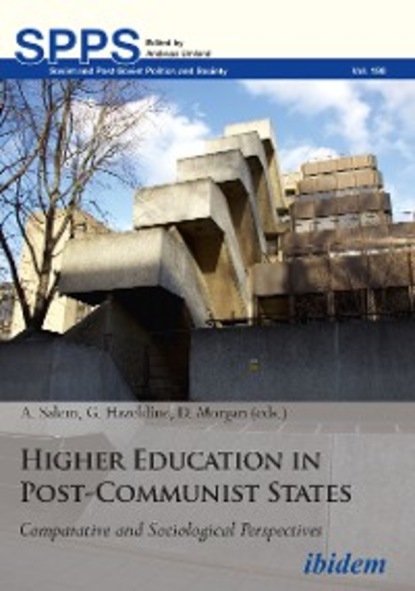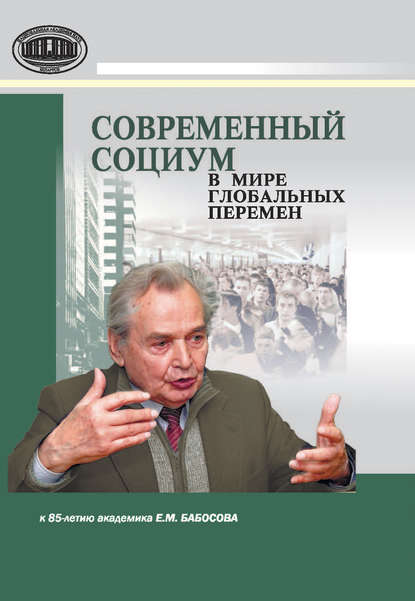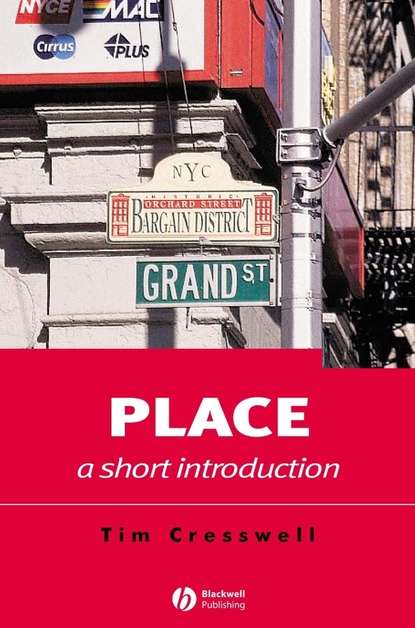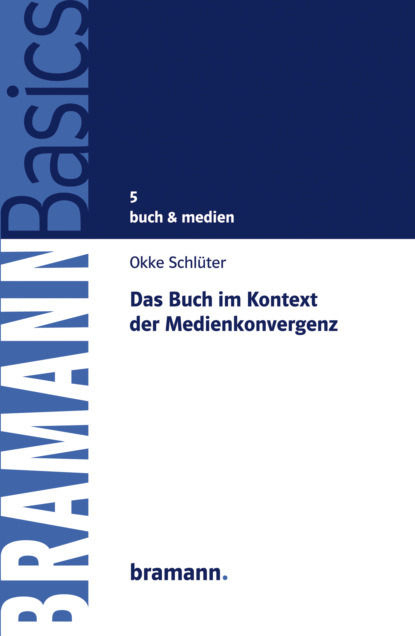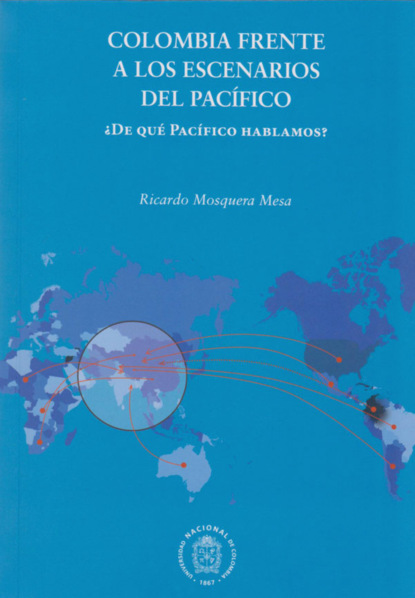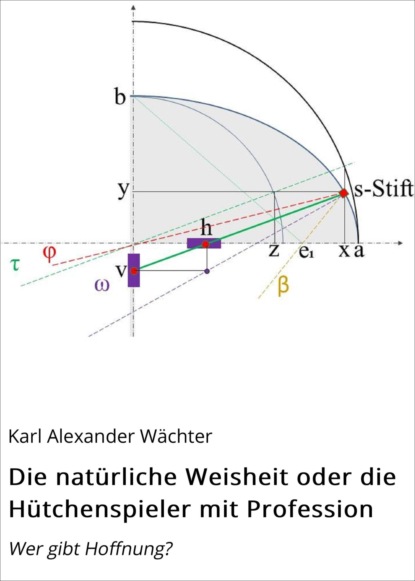Книга "Higher Education in Post–Communist States", написанная Дэвидом Морганом, исследует, как университеты в посткоммунистических государствах применяют практики и привычки своих англоязычных аналогов, ориентированных на маркетинг и потребителей. Хотя книга не предполагает, что университетское образование в этих странах механически отражает регулируемую систему, основанную на бизнесе, которая долгое время существовала и теперь начинает активно внедряться в таких странах, как Британия, в этом сборнике выявляются некоторые заметные сдвиги в направлении неолиберализации, исследуя ее особенности в местных ситуациях, где идеологии установления были, до начала 90-х годов, глубоко чужды коммерческим структурам. Многие авторы озабочены не только связанными вопросами коммерциализации, инструментализма, бюрократии и менеджеризма, упорядоченных локально и национально, но также и смыслом и целью университетов за пределами или против их статуса эффективных собирателей доходов. Сборник специально ссылается на Литву, Венгрию, Азербайджан, Украину, Грузию и Россию и включает теоретические и эмпирические исследования разнообразных, но связанных тем, включая маркетизацию академии, региональные реакции на глобализацию, выражающиеся в риторике конкретного учебного плана, роль и место гражданского образования, сравнения между образовательными средами, методы воспитания критического и этического сознания, корпоративные и государственные требования и их последствия для академической свободы, а также положительный потенциал новых коммуникационных технологий. Во всех этих случаях система неолиберального мышления, или скорее неравномерный процесс неолиберализации, создает фон для конкретных обсуждаемых вопросов.
How far have universities of post-communist states adapted the practices and customs of those in the Englich-speaking world that they resemble otherwise? While noting that university education does not simply become mechanically connected to the business-driven system that has long been established in countries such as the US and is now also seen practised in countries such collect Britain, this editing focuses on marked changes towards what may be best described as 'neoliberalsim' – examining its specificity in conditions in which ideologies held by the establishment were alien until the early years of the 1990's to commercially driven public and private organisations. Many of those writing are concerned, not only about the relationship between commercialism, instrumentlism, bureauacracy and management, as grasped locally and nationwide, but als about the meaning and goal of university activities other than focusing on generating income. This collection refers specifically to Lithuania,Hungary,Azerbaijan,Ukraine,Georgia and Russia and accredits both theoretical and empirical works on diverse but interelated subjects, ranging from marketisation in higher education, regional reaction to globalisation as manifest in representatives rhetoric in specific curriculums, the roles and places of civics education, comparison between colleges, methods for forging a ciritcal and ethical awareness, corporate demands of and their effect on higher education freedom and the prospective potential of break-throughs in communication technology.
While not assuming, as many scholars do, that universities in the region are wholly responding mechanically to the business culture that has been so firmly established elsewhere, this volume identifies clear shifts toward "neoliberalisations" in postcommunist contexts.
The collection is divided into three parts exploring issues of neolibarlisation from a variety of theoretical and empirical perspectives, and it includes case studies and theoretical analyses from countries as diverse as Lithuania, Hungary Ukraine Georgia and Russia.
Электронная Книга «Higher Education in Post-Communist States» написана автором David Morgan в году.
Минимальный возраст читателя: 0
Язык: Английский
ISBN: 9783838271835
Описание книги от David Morgan
How far have universities in post-Communist states adopted the practices and habits of their branded and consumer-oriented equivalents in the English-speaking world? While not assuming that university education in those states reflects in any mechanistic way the regulated, business-led system long established in places like the US, and now being dramatically realized in countries like Britain, this edited collection identifies some marked shifts in the direction of what might best be described as ‘neoliberalisation’, examining its particularities in local situations where establishment ideologies were, until the early 1990s, deeply alien to all kinds of commercially driven entities. Many of the authors are concerned not only with the linked issues of commercialism, instrumentalism, bureaucracy, and managerialism, framed locally and nationally, but also with the meaning and purpose of universities outside or against their status as efficient gatherers of income. The collection makes specific reference to Lithuania, Hungary, Azerbaijan, Ukraine, Georgia, and Russia, and comprises theoretical as well as empirical studies of diverse but connected subjects, including the marketization of the academy, regional reactions to globalization as expressed in the representational rhetoric of specific curricula, the role and place of civic education, comparisons between educational settings, pedagogies for a critical and ethical consciousness, corporate and state demands and their effects on academic freedom, and the positive potential of new communication technologies. In all these cases, the system of neoliberalism, or rather an uneven process of neoliberalisation, forms a backdrop to the particular issues discussed.
